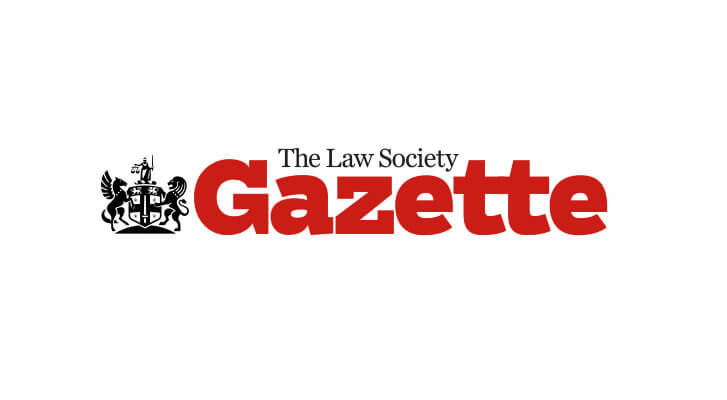BCL associate Greta Barkle and legal assistant Guevara Leacock’s latest article discussing the draft Online Safety Bill has been published by The Law Society Gazette.
Here’s an extract from the article:
“The draft Online Safety Bill has finally been published, delivering on the government’s manifesto commitment to make the UK ‘the safest place in the world to be online’. The bill has its genesis in the Online Harms White Paper, published over two years ago in response to widespread concern at the malign underbelly of the internet. But following passionate lobbying by stakeholders, is the result a bill which has tried so hard to please all interested parties it has actually ended up satisfying no one?
Elusive duty of care
The cornerstone of the bill is a new ‘duty of care’ placed on service providers to protect individuals from ‘harm’. It will apply to providers both based in the UK and – nebulously – those having ‘links’ here. In the government’s sights is the gamut of illegal and legal online content, from child sexual exploitation material and terrorist activity to cyber-bullying and trolling.
The ‘duty of care’ will apply to search engines and providers of internet services that allow individuals to upload and share user-generated content. In practical terms, this net will catch social media giants such as Facebook as well as less high-profile platforms such as public discussion forums.
As regards illegal content, the duty will force all in-scope companies to take proportionate steps to reduce and manage the risk of harm to individuals using their platforms. High-risk ‘category 1’ providers – the big tech titans with large user-bases, or those which offer wide content-sharing functionality – will have the additional burden of tackling content that, though lawful, is deemed harmful, such as the encouragement of self-harm and misinformation.
Adding a further level of complexity, the regulatory framework will apply to both public communication channels and services where users expect a greater degree of privacy, for example online instant messaging services and closed social media groups.
Quite how service providers will be expected to meet these onerous new obligations is not specified in the bill. They must wait for full codes of practice to be issued.”
This article was published by The Law Society Gazette on 21/06/2021. You can read the full version on their website here.

